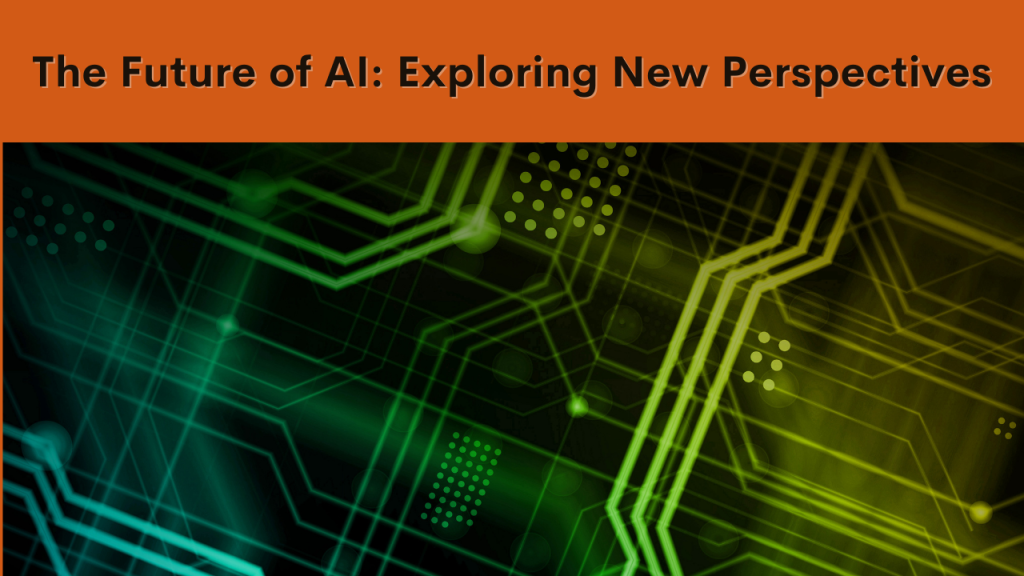A new era of creativity and discovery is being ushered in by the dramatic revolution of artificial intelligence (AI). Artificial intelligence (AI) has transformed from a specialized technology to a pervasive force that is advancing many industries and changing how we think about intelligence and cognition.
The introduction of explainable AI (XAI), which aims to make AI systems more transparent and intelligible to humans, is one of the most intriguing breakthroughs in AI. AI algorithms have always been perceived as “black boxes,” making it challenging to understand how they make decisions and interpret their results. But thanks to XAI, researchers are creating methods that offer light on the underlying workings of AI systems, helping consumers better understand and trust the results of AI.
Furthermore, AI is presenting fresh angles on human-machine cooperation and innovation. AI is pushing the envelope and upending preconceived ideas about creativity and intellect. It can create anything from art and music to help with scientific research and invention. Researchers and artists are pushing the boundaries of human imagination and discovering new forms of expression by utilizing AI’s computational capacity and ability to recognize patterns.
AI is also encouraging interdisciplinary cooperation and fresh viewpoints on difficult societal issues. Researchers, legislators, and humanitarian organizations are utilizing AI’s promise to address issues like poverty, healthcare, and environmental sustainability through programs like AI for Good. These initiatives are producing new solutions and having a beneficial societal impact by utilizing AI’s analytical capabilities and predictive insights.
It is evident as we set out on this path of investigation and learning that artificial intelligence (AI) has the power to fundamentally alter the way we see and engage with the world. We can create new avenues for creativity, cooperation, and advancement in the years to come by accepting fresh viewpoints and taking advantage of artificial intelligence’s transformative potential.


